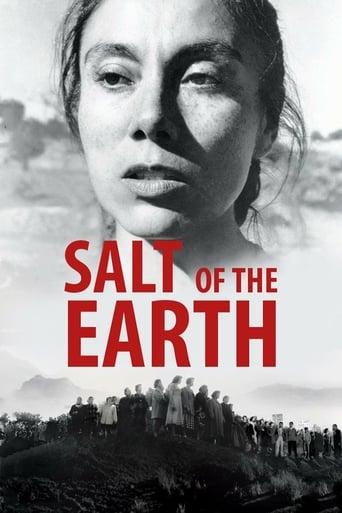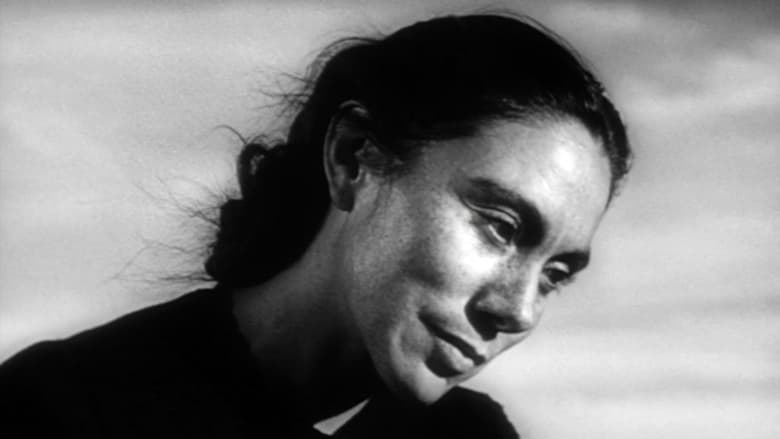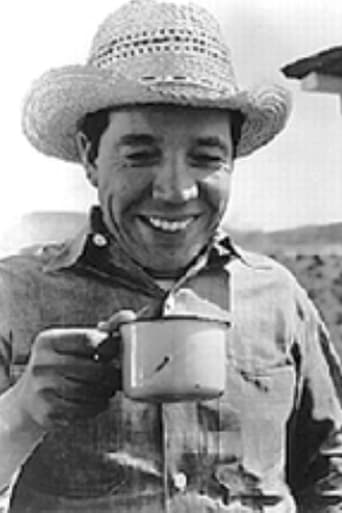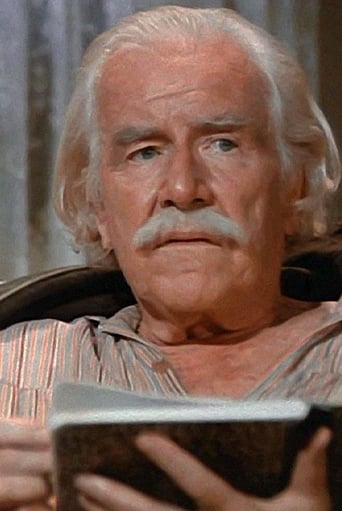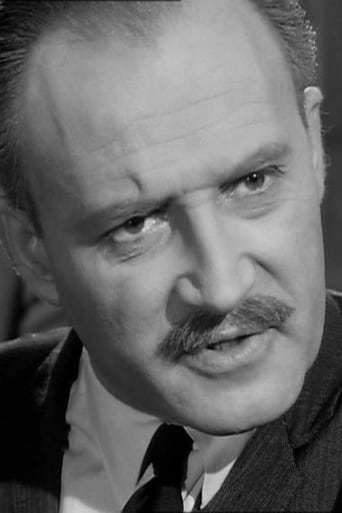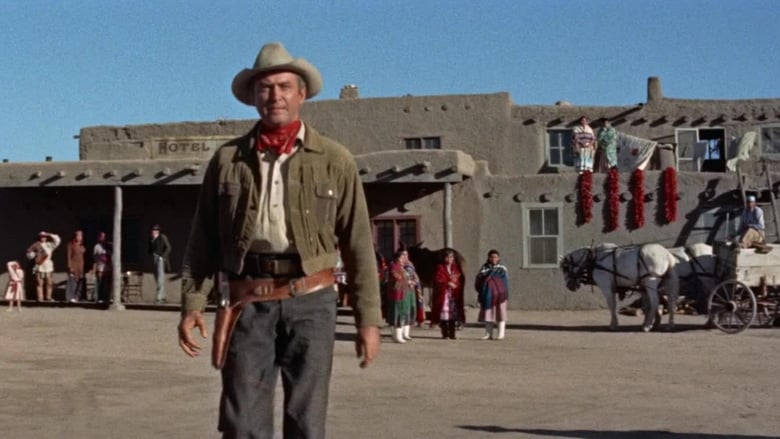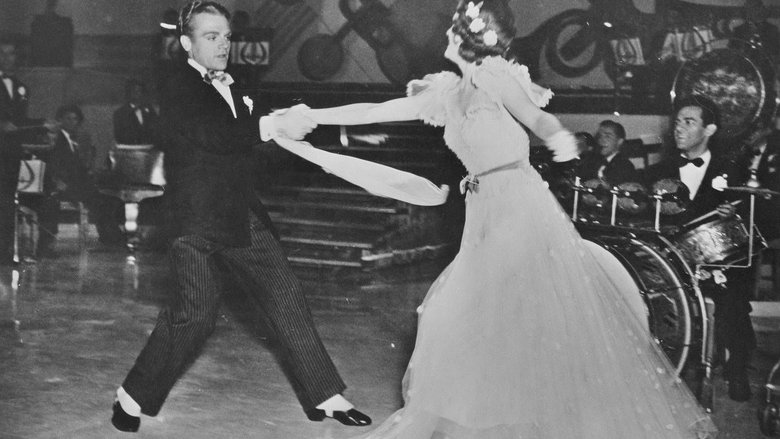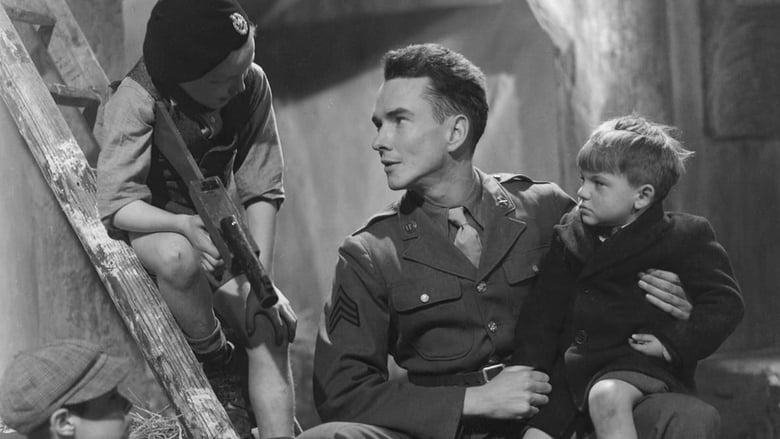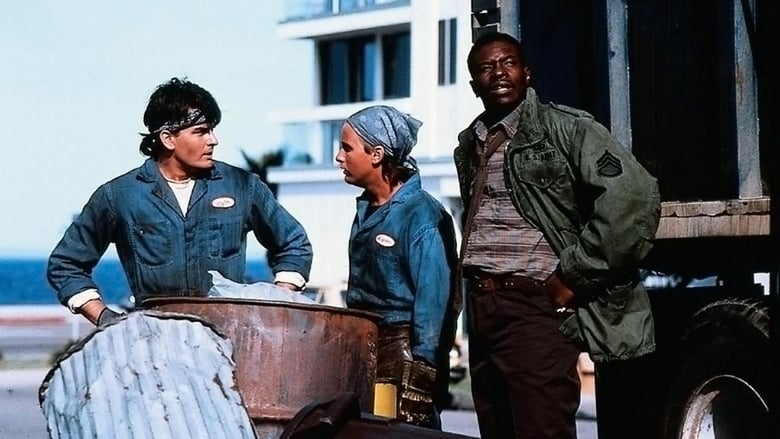At New Mexico's Empire Zinc mine, Mexican-American workers protest the unsafe work conditions and unequal wages compared to their Anglo counterparts. Ramon Quintero helps organize the strike, but he is shown to be a hypocrite by treating his pregnant wife, Esperanza, with a similar unfairness. When an injunction stops the men from protesting, however, the gender roles are reversed, and women find themselves on the picket lines while the men stay at home.


Similar titles

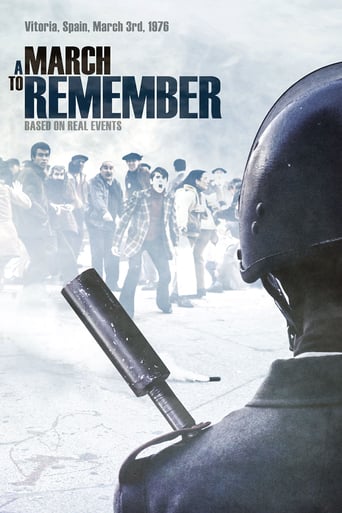
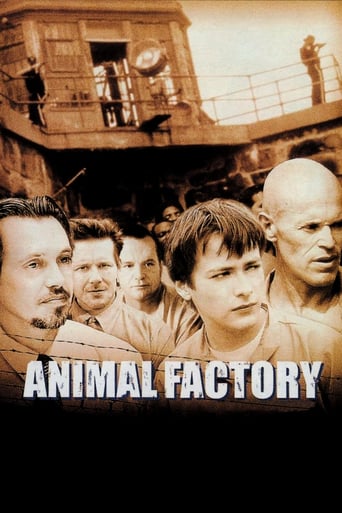
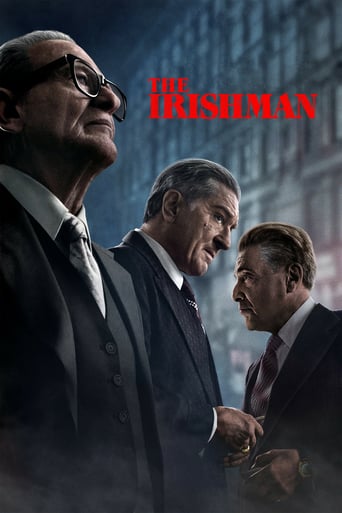
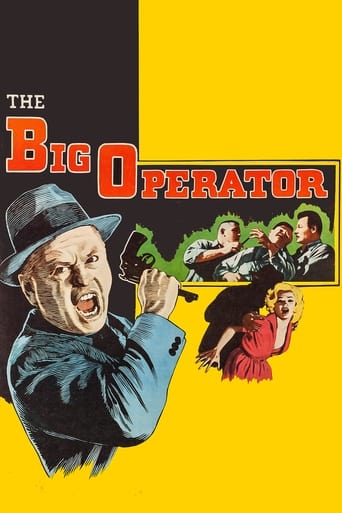

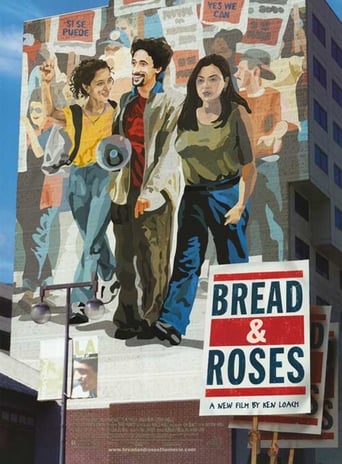
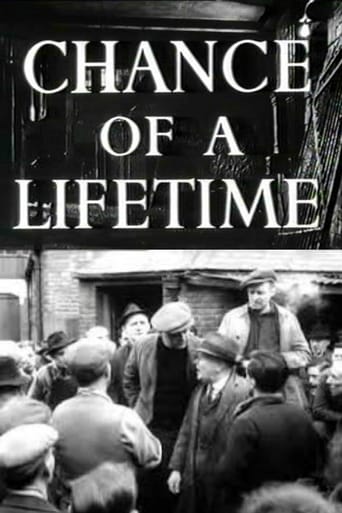
Reviews
The Salt of the Earth, which came out in 1954 paints an almost too real picture of how migrant workers were treated before the civil rights movement. It is easy to see why the United States government, which was going through "The Red Scare" during this time, blacklisted this film. The film touches on and provokes many issues that were very sensitive during this era. Issues such as racism, equality, and feminism are the key themes in the movie. Racism was still very apparent in the United States during the 1950's, namely because the civil rights movement had not happened yet. The film pits the whites or "Anglos" against the Mexican workers. However, not all the whites in the film are depicted as evil. There are a few Caucasian workers who side themselves with the Mexicans. This gives the film a much more "real" atmosphere to it because it doesn't allude to one race being good and the other evil. Instead of simply having the whites be the antagonist, the film sets the leader of the mining company up to be the antagonist. Despite having a few whites on the side of the Mexican workers the film clearly sympathizes with the Mexicans. The film controls the in a way so the audience will undoubtedly root with the workers. The Mexican workers have poor safety requirements, which constantly lead to accidents on the site. This is all so the company can save money. When the Mexicans complain of this they are threatened with being replaced with an American worker by the foreman. The film does a good job of painting the leaders of the mining company as evil. There is a scene in the beginning where the foreman tells the workers to get back to work right after one of the workers is nearly killed in an explosion. This shows that the leaders have no compassion for the workers and that they are only in the business for the money with no care of the well being of the Mexicans. Also, the scene where they capture Ramon Quintero and beat him is very powerful and really makes you sympathize with that character. Another issue the film tries to push is feminism. The film starts off early with the Mexican workers acting very sexist toward their wives. Ramon is very controlling of his wife, Esperanza. There is an early scene where Ramon tells Esperanza to stop crying and wasting her time listening to the radio. This scene alone sets up the fact that sexism is an issue in this town. Another scene that depicts this fact is when all the women are trying to convince Esperanza to take part in a picket line. One of the wives complains that she works very hard and is still treated as though she is useless by her husband. However, once the men are not allowed to take part in the picket line the women become very involved. The men begin to understand that the wives can help with the strike. The film came out in 1954. The United States was in a false sense of calm during this time. The economy was booming. This lead to the growth of materialism and the country was becoming vastly capitalist. With the exception of the cold war and the communist scare the country was going through a very calm time. Salt of the Earth acts as a sort of a wake up call. It pushes all of these unseen issues to the light so people can become aware that there are still injustices going on inside the country. The main point of the film is equality. The film's conflict is a struggle for the races and sexes to become equal in the eyes of the government. Salt of the Earth was clearly ahead of it's time.
This classic film is the only film to come out of the 1950s blacklist of Hollywood actors and filmmakers, a "crime to fit the punishment" after the professional filmmakers were barred from practicing their trade. Shot in Silver City, New Mexico, using mostly ordinary citizens, it tells the story of a Chicano community of mineworkers who go on strike against the unsafe conditions. When the men are threatened (and punished) for picketing, the women take over the lines and are themselves jailed. It's fiction, but based upon real events and an incredibly compelling film. The story of the production itself is harrowing, and both this and the original strike and the people behind it, are told in the special edition DVD sold on the organa.com website, based on tremendous research and the participation of the original filmmakers and actors/actresses. All other editions are only the film.
This by no means is a great or greatly made movie but it tells a good story. It's a movie about standing up for your rights and against discrimination as well as female emancipation. All in all more than enough elements for the American government to ban this movie and blacklist basically every person involved with it, if they weren't blacklisted already that is. Pretty ridicules of course in todays light but that's how things were during the McCartney-era. Most notable blacklisted person involved with this movie was writer Michael Wilson, who would later write the classics "The Bridge on the River Kwai" and "Lawrence of Arabia" but never in his life-time received the acknowledgment or acclaim for it because he simply couldn't been given the writing credits for its, due to the fact he got blacklisted in the '50's. Prior to that he also wrote the screenplay for other classics "It's a Wonderful Life" and "A Place in the Sun".It is still a relevant movie because of the issues it handles. And this is also one of my complaints with this movie. At the end you don't really feel that the characters and this movie actually achieved anything the change the whole situation. As long as money is important companies like this will use cheap labor forces, with minimum wage and without overly expensive safety measures. This is not something typical American. Of course not everything is still the same now days but some of the problems of the old days got replaced by a whole new similar bunch of problems.The movie got made very cheaply and in secret, due to the involvement of blacklisted persons. Because of this the movie does not exactly use the best director, the best cinematographer, the best editor or the best actors. As a matter of fact the movie its cast largely consists out of non-actors and it gets presented and mentioned as if that's something to be proud. I'm sorry but more than halve of these persons in this movie just really can't act. But granted that this movie is not necessarily a movie, so not everything I just mentioned really matters for the end result. It can be seen as the telling of a true story, in an almost documentary like style. It got shot at the spot, with only the available things and persons at hand. It got shot at a real Mexican miners community, with real miners and their families.Really not the greatest looking or made movie but it tells a good story.7/10http://bobafett1138.blogspot.com/
This propaganda film - and that is what it is, and that is not meant as a slight, it is what it is - takes an amazingly even-handed approach to the events surrounding a long strike in New Mexico during the 1950s. The politics remain relevant today for union workers and so forth, but for the larger audience, it also is a superb study in real human dynamics. There are mildly annoying aspects put in for dramatic effect - the strikers' wives are portrayed as a bit too noble and confrontational at times, the company men a bit too evil, the miners themselves as a bit too helpless and uncaring - but this still is one of the best studies of real human reactions to a difficult situation.It is inevitable that things break down into an us-versus-them battle, and that is the film's greatest weakness. Once the striking miners are prohibited by court order from picketing, the women all too willingly take their places. This causes all sorts of power shifts within families, portrayed well by the Quintero family played by Ramon Chacon and Rosaura Revueltas. So we get some healthy servings of "this is my life, see how you like it" from the women, causing the idle workers to re-examine their attitudes toward women and their jobs and their lives. Of course, there is the larger power imbalance between the striking workers and the mining company, summarized by Chacon's repeated observation that it is necessary to look at the "larger picture." The human dynamics spiral out of control to the point where it is unclear how Ramon Quintero really feels about developments, as he turns to drink and observes that the women "Won't listen to a man any more." But, of course, everything turns out fine in the end for the workers, as we all knew from the beginning it had to, after everyone has learned some hard lessons.The feminist subplot, though, is interesting but essentially a sideshow, put aside immediately once the strike is won and the workers get what they really want. The meat of the story is the confrontation between the poor locals and the authorities. That the outcome remains in doubt until the end of the film is a testament to the skill and craft of the makers of this film, including numerous non-professional actors. There are clear implications of mass power, with the sheriff's men repeatedly stymied by the sheer numbers of the workers and their families. If you want to read "Communism" into that, well, that's a perfectly reasonable implication, though certainly not the only one.The politics are clear, and there is no doubt about the motivations of those who made the film, but the message is kept as subtle as possible. There was no need to ban the film, that was sheer over-reaction. For what it is, you will probably not find a better examination of the human dynamics behind the struggle of workers for a better life.
